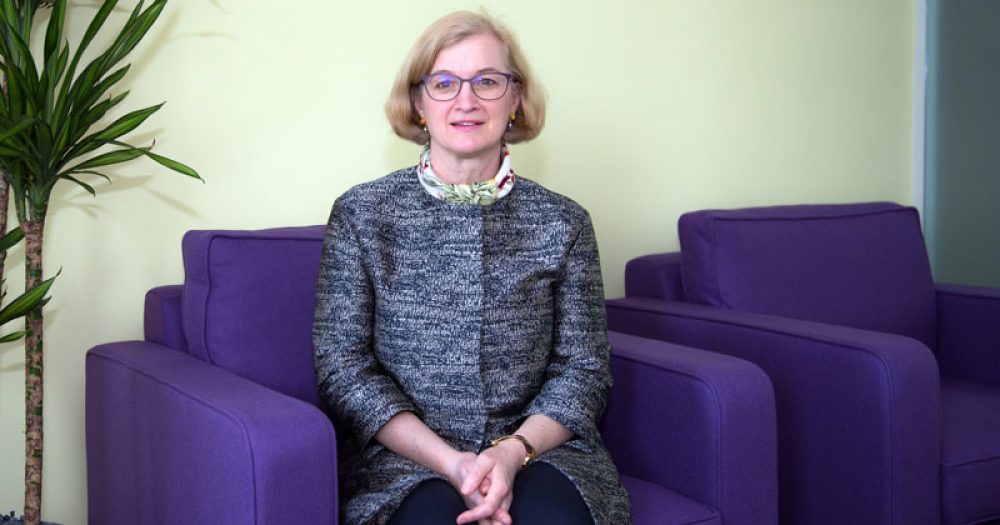One of the country’s largest academy trusts is reviewing whether to ditch three-year GCSEs across all its schools, the first sign that leaders are switching their practice to meet Ofsted’s new focus on curriculum.
Others are also lengthening their key stage 3 curriculum following criticism from the watchdog. An analysis of monitoring visits shows that multiple schools rated “inadequate” or “requires improvement” are now deemed to be improving after changing their curriculum structure.
The watchdog had assured school leaders there would be no “Ofsted-approved curriculum” under its new regime.
But Carole Willis, the chief executive at the National Foundation for Educational Research (NFER), said the change “demonstrates the powerful influence of the accountability regime, and how significantly it affects school behaviours”.
An NFER survey in April found more than half of secondaries began teaching GCSE content in year 9, while the government’s school snapshot survey last year revealed year 9 pupils were studying for key stage 4 in all subjects in 35 per cent of schools.
Ofsted made a monitoring visit on September 17 to Shenley Academy in Birmingham, which it rated inadequate in October last year.
Its report said leaders “identified some serious weaknesses in key stage 3” which had resulted in “significant gaps” in pupils’ knowledge, and noted the school taught a two-year key stage 3.
However, it added: “The key stage 3 curriculum is currently under review. Leaders want to change the length of the key stage, as well as the time allocated to each subject.”
Shenley is run by E-Act, which has 29 schools including 12 secondaries. A spokesperson for the trust said the review “reflects a wider trust-wide approach” and focus on curriculum.
When pressed by Schools Week, the spokesperson confirmed that discussions about all its schools changing to a three-year key stage 3 were ongoing, but stressed the final decision would be left to individual schools.
“We are confident that, as highlighted by Shenley’s Ofsted report, this approach is a sustainable model that will empower academies and their leaders to transform the provision in our academies.”
The Prescot School in Liverpool, run by The Heath Family (NW) Multi Academy Trust, received a monitoring visit on September 11 after an inadequate rating in March.
Inspectors commended the school for ending early entry to GCSEs. David Donnelly, the trust’s chief executive, said the change was a “collective decision” taken last year by the heads of the trust’s four secondary schools.
“We were obviously heartened to see that the new Ofsted framework supports this approach, but first and foremost the rationale for this move was to ensure that our students had access to a much broader curriculum than they had been offered previously.”
Merrill Academy in Derby, rated inadequate in April, was also commended in its monitoring inspection on September 19 for moving most subjects to a three-year key stage 3.
Neil Calvert, chief executive of The Northworthy Trust, which runs the school, said all three of its secondary schools were now largely three-year key stage 3 for a “combination of factors”.
“Ofsted’s approach was a consideration but not a determining factor,” he said.
Stephen Rollett, a curriculum and inspection specialist at the Association of School and College Leaders, said the union was “continuing to keep a close eye on how this issue develops”.
He said it was “important schools do not feel under pressure to change their curriculum model if their existing model is working well for their pupils”.
Kaley Foran, the lead content editor at The Key, said there was “no one size fits all” curriculum. The important thing was that on having “a clear rationale and evidence that its key stage structure helps pupils achieve to the best of their ability”.
A spokesperson for Ofsted said inspectors would be “particularly alert” to signs of a narrow curriculum in key stages 2 and 3, and would want to see that pupils could still study a “broad range of subjects in sufficient depth”.







Your thoughts